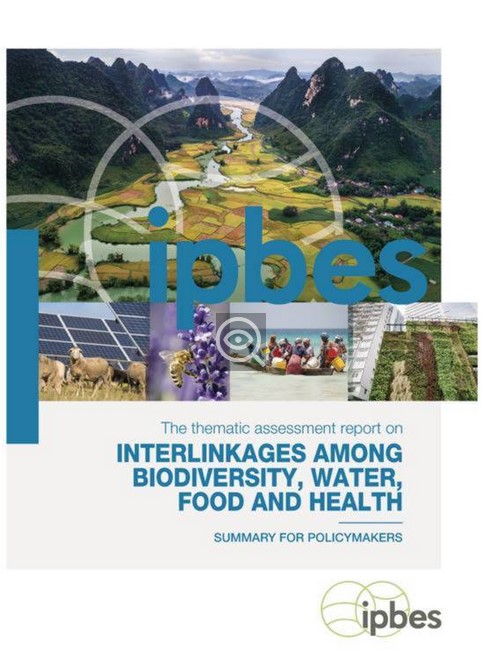ESG faces mounting criticism, but the solution isn’t abandonment—it’s smarter investment. Learn how Total Cost of Ownership thinking separates transformative value from compliance theater
Category Archives: Governance
China releases Climate Standard No. 1, operationalizing CSDS framework with ISSB alignment and enhanced impact disclosure.
Explore how AI transformation, geopolitical chaos, and environmental crises demand ethical leadership in 2026
Explore how AI testing, geopolitical uncertainty, and environmental crises reshape business strategy in 2026. Expert insights on resilience.
European businesses face trade wars, geopolitical tensions & slow growth. Learn how to build resilient operations through strategic risk management.
CSDDD faces deep cuts via EU Omnibus. Why do companies diverge? What should businesses do now to stay ahead?
SEC Chair threatens to ban IFRS standards over sustainability reporting, undermining investor access to material financial information.
Board of Directors, Climate Change, Corporate Social Responsiblity (CSR), Governance, Human Rights, Resilience, Responsible consumption, Responsible sourcing, Stakeholders, Sustainability, Sustainable Development Goals (SDG), Sustainable Finance & ESG, Work Conditions
Smart Regulation Drives Growth: OECD Insights
OECD research shows smart regulation boosts business. Learn how removing trade barriers and shaping better practices drives sustainable growth
Navigate CSRD’s Omnibus package changes with Ksapa’s expertise in materiality, compliance and sustainability strategy implementation
IPBES report reveals urgent crisis in food-nature-health systems, highlighting critical need for integrated solutions to protect our future








